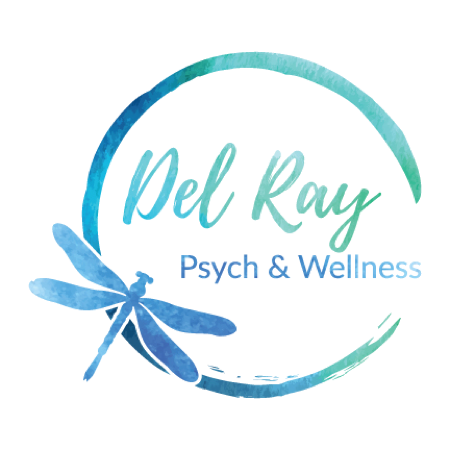Won’t You Be My Neighbor?
I recently watched the documentary about the life of Fred Rogers called Won’t You Be My Neighbor. I personally grew up watching Mr. Rogers and remember loving the show as a small child, singing along with Mr. Rogers as he began the show by putting on his cardigan and changing into his comfy shoes. I remember always feeling welcomed and excited as he began his show. Although I didn’t know him, I will never forget the way that he made me feel.
As I watched his documentary this past weekend I was moved. I found myself in tears, crying at the sight and sound of this influential character from my childhood. I was stunned by the difference he made in a generation of children. It was the first time that I realized that it was not only me that he cared about, but that he deeply cared about children all over the world. To me, the most incredible part was that he cared about children and their emotional development. He was a minister who decided to go into public television because he wanted to send the message to children that they are LOVED. He believed that love was at the root of everything, all learning, all relationships.
He recognized that children have very deep feelings, as all humans do. A powerful message that I think we often forget.
As a therapist, I have parents, adults, and children that come into my office grappling with love or a lack of love experienced in their childhood relationships. A lot of the work that we do together is creating a safe and loving space in order to have a corrective emotional experience. Love really is at the root of all our emotional and intellectual development; too often it is misunderstood.
Love isn’t just about hugging your children, kissing them goodnight, or telling them that you love them. It’s about creating a safe space for them to explore some of their scariest thoughts. Love is an emotional space where they can talk about ALL of their emotions, not just the ones we typically label as “good.”
Mr. Rogers touched on topics that were often considered radical:
Racism
Feeling Blue
Divorce
Death
Assassination
And the list goes on…
How important it is to talk to our children about these topics. To be clear, there are ways to approach and talk about these topics in an age appropriate manner, but avoiding these topics is not the answer. Children feel, and they need to feel safe expressing a range of emotions: anger, sadness, frustration, happiness, and more.
In the month of February, as we are thinking about LOVE, I challenge you to approach love a bit differently. Think about love as creating a safe space to let children and adults explore a range of emotions, sending the message that we are strong enough to sit with the good and the bad. Love and the practice of love is at the core of every relationship.
“The greatest thing we can do is let someone know that they are loved and capable of loving.”-- Fred Rogers
*Image copied from Won't You Be My Neighbor? on iTunes
